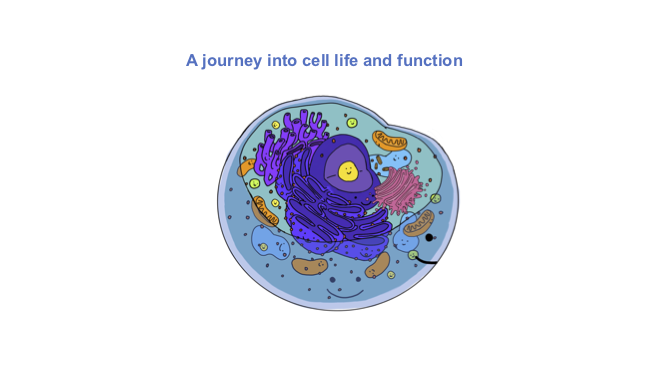
A short-10 lessons course to introduce students to the terminology and biology of eukaryotic cells. We will first dissect basic cellular components (organelles, DNA, RNA and proteins) and functions (cell replication, cell communication, cell differentiation), to then zoom in on a specific cell type. B lymphocytes, central components of the immune system, will be introduced to students as an example of the importance of individual cell subsets. The cells and their derivatives (antibodies) will be discussed in biological and pathological settings. Their exploitation for diagnostic and therapeutic applications will also be explored to link between basic science and medical translation.
Three teachers with long-lasting interest in research, Anna Mondino (AM), Valeria Poli (VP) and Anna Rubartelli (AR), will jointly run the course, which aims at raising curiosity on the mechanisms of action and at increasing knowledge of fundamental biological events subtending day-to-day life. The lessons will attempt to engage students with real-time questions, and at home assignments, which will be then anonymously discussed in the following lessons. Slides encompassing “easy to follow images”, and “associated easy-to-read text” will be provided to enable the student to visually follow the lesson, and to study off-line. Modules will be of maximum 1.5 hours.
